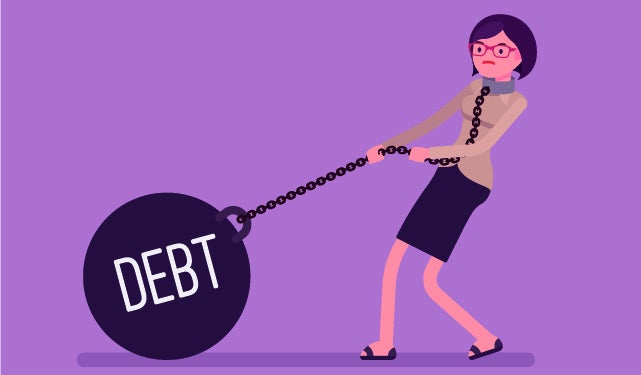
Britain’s banks will lend 15.9% less to individual and household using funds for individual and family purposes, predicts the EY ITEM Club, the UK economic forecasting group of accounting giant Ernst & Young.
The plunge in consumer loans, to be felt across personal loans and credit cards, is expected to be the sharpest decline in lending to consumers since record keeping began in 1993.

Access deeper industry intelligence
Experience unmatched clarity with a single platform that combines unique data, AI, and human expertise.
The trend is already manifest in separate figures from the Bank of England (BOE):
“The weakness in consumer credit net flows in recent months meant that the annual growth rate was -3.6%, the weakest since the series began in 1994,” the central bank said in its Money and Credit report for June.
Lending to businesses is surging
At the same time, bank lending to UK businesses has soared, thanks mainly to government-backed loans, a major part of the economic response to the Covid-19 crisis.
EY Item Club forecasts that business lending will grow by 14.4% this year compared to 2019 – the biggest increase in 13 years.

US Tariffs are shifting - will you react or anticipate?
Don’t let policy changes catch you off guard. Stay proactive with real-time data and expert analysis.
By GlobalDataThis is another trend that is already evident from BOE statistics:
“Small and medium sized businesses continued borrowing a significant amount from banks. In June, they drew down an extra £10.2bn in loans, on net, as gross borrowing remained strong,” the bank said in the aforementioned report.
At the same time, the annual growth rate of borrowing by all large businesses fell to 4.8%.
No recovery to pre-Covid levels expected before 2022
The forecasters at EY Item Club expect consumer credit to rebound in 2021, but the total stock of debt is not expected to rise above pre-pandemic levels that peaked at £225bn until at least 2022.
Meanwhile, British households repaid record amounts of debt racked up on credit cards and personal loans in April as consumers stayed away from the high street during lockdown.
Figures from the Bank of England show £7.4bn of consumer credit was repaid during the first full month of strict restrictions on business and social life, the largest net repayment since records began in 1993.
Experts predict that households are likely to remain cautious, paying down their debts when possible, while businesses will probably borrow more to stay afloat.







